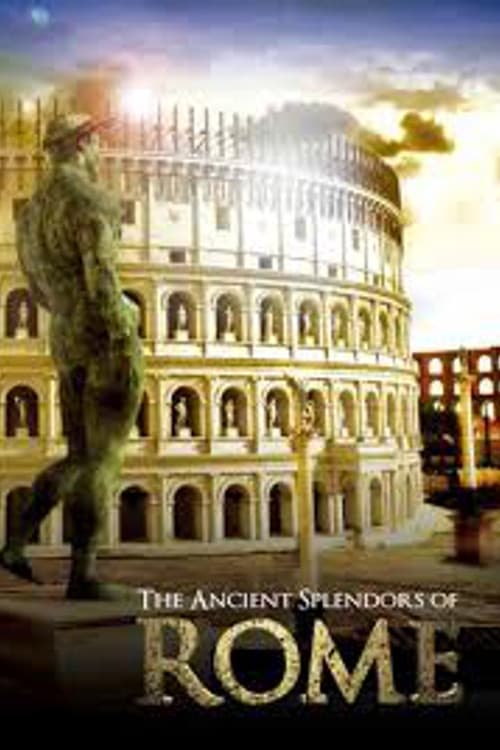

The Colosseum is often depicted as a bloody stadium of gladiators with violence and murder! Is it all in the Colosseum? In fact, the 'Colosseum' in Roman times was a thorough political stage in which the emperor was able to show off the power of the emperor and to meet and communicate directly with the citizens. The emperor was a political space that was not an original one that gained the support of the Roman people and the people were actively exchanging their demands. The fact that even the Roman emperor, who was a symbol of absolute power, did politics through communication with the Roman people would be a valuable lesson for us to live in modern society beyond 2000 years.

Titus

Vespasian

Domitian

Berenice

Polyvius

Julia

Prof. Fiofelli

Candidate
No Trailers found.